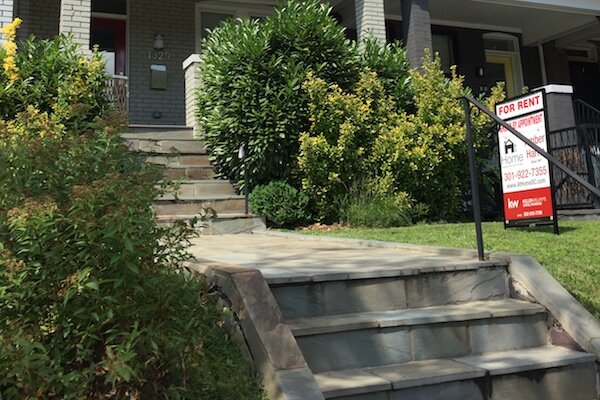After you transition from being a tenant to being a homeowner, many people come upon a new decision point: becoming a landlord or not. That juncture could come about for a few reasons, including:
You have to leave your beloved city/neighborhood for work, family or other pursuits.
You need to up or downsize in the same market.
You are contemplating investing in real estate and building a secondary (and maybe, eventually, primary) income source.
Whatever the reason, there are several important factors to consider before becoming Mr. (or Ms.) Roper (pretty sure at least 50% of my audience might need to Google this reference). In no particular order:
What is your motivation? Perhaps the property holds sentimental value for you or you see an opportunity for even more equity by holding onto it. Either way, make sure you can articulate your motivation and use that to evaluate whether you become (and remain) and landlord.
What is the rental market like currently? Do you live in a neighborhood near a hospital where you are likely to get residents or in a community that has a large expat population? And, just as when you are buying or selling, you must consider inventory levels - total volume but also the availability of and demand for homes like yours.
Does it make financial sense? It is hard to perfectly predict what will happen to any given market or economy, but you should start by running the numbers. Look at what similar properties are renting for in your neighborhood, itemize other anticipated expenses such as maintenance and costs for acquiring tenants (whether or not using a real estate agent) and determine if you want to manage the property yourself (harder to do if you are moving out of town) or higher a professional company (and pay a percentage of each month's rent). This is where a spreadsheet with formulas will help you run various scenarios. And don't forget that you may not have a tenant 12 months of the year, so you have to be prepared to carry your mortgage (if you have one) during periods of vacancy.
What are the business and legal implications? In order to be a landlord, you should make sure your property is legal and licensed (UrbanTurf has a great writeup). You also need to make sure you are in compliance with any condo/HOA bylaws (if applicable) and are insured appropriately. Every market is different but some (like Washington, DC) are more tenant friendly - meaning a problem tenant can be an even bigger problem. If you're in D.C., you likely have heard of (or are familiar with) the Tenant Opportunity to Purchase Act (TOPA). If not and you intend to rent a property in DC, familiarize yourself with it.
Will this impact other real estate transactions? If you intend on buying a second (or third) home, keep in mind that your existing mortgage on a rental property still counts toward your debt-to-income ratio (most lenders don't want to see this higher than 36% of your monthly pre-tax income) and can affect being approved for (and your interest rates and down payment required for) any additional mortgages. Talk to your mortgage broker to understand your options.
Do you want to be a landlord? Your time is money. Whether or not you higher a property management company, think about the demands (and potential stress) being a landlord places on you and proceed with what feels right!
Finally, remember that real estate is not an incredibly liquid asset, meaning that it cannot be quickly sold (in comparison to stocks, etc.). If you anticipate a scenario where you may need the capital invested more readily, you might want to consider investing your dollars in other ways.
I have several clients that are thinking through becoming a landlord or selling right now, and there isn't one right answer for everyone. Consult with your Realtor and financial advisor to land on what's best for you - personally and financially.
Amber Harris is the owner of At Home DC, an interior decorator and a licensed real estate agent with Keller Williams Capital Properties working with clients in DC, Maryland and Virginia.

